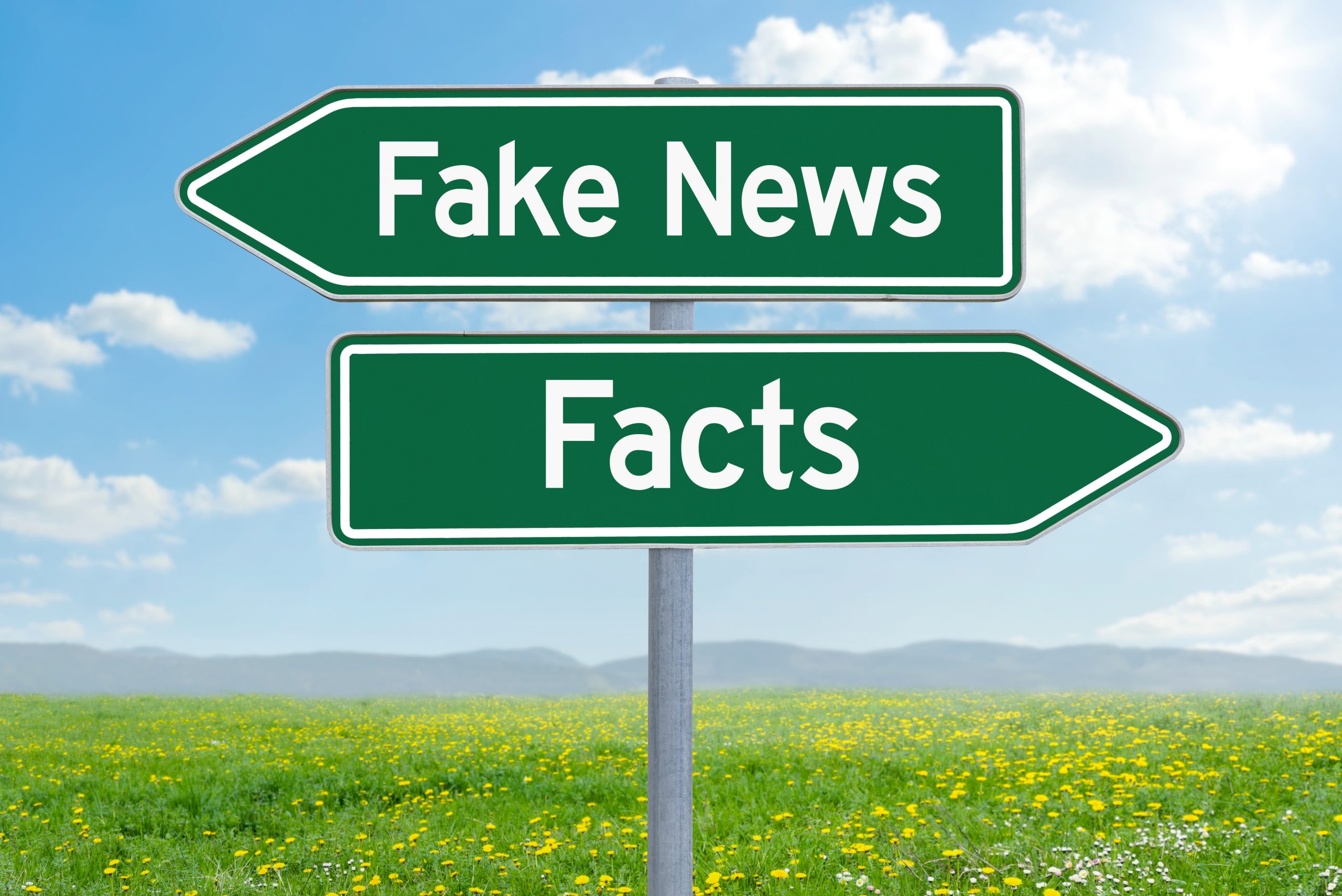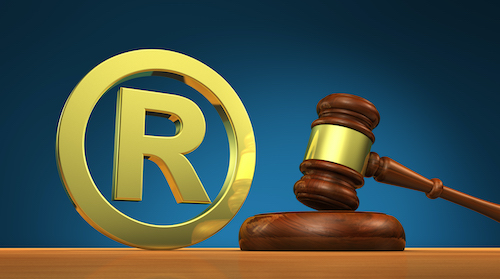What the Dominion Voting Systems Case Could Mean for the FOX NEWS Trademark
“Regardless of whether Fox wins this case under a freedom of press argument, its trademark, FOX NEWS, which indicates it is disseminating news, should likely be invalidated.”
The Dominion Voting Systems lawsuit against Fox News attracted lots of attention. Claims of defamation, damages of $1.6 billion, the role of the First Amendment, and the press’ right to free speech were all key talking points around this lawsuit. What was not a part of these discussions were the implications to Fox’s trademark, FOX NEWS®. This case, even though it just settled, may have just cost Fox News a lot more than the $787.5 million settlement and the subsequent departure of Tucker Carlson—it could cost their name and brand.
The Complaint filed by Dominion Voting Systems (“Dominion) against Fox News Network, LLC (“Fox”) alleged:
1. Fox, one of the most powerful media companies in the United States, gave life to a manufactured storyline about election fraud…viewers began fleeing Fox in favor of media outlets endorsing the lie that massive fraud caused President Trump to lose the election…Fox set out to lure viewers back—including President Trump himself— by intentionally and falsely blaming Dominion for President Trump’s loss by rigging the election.
2. Fox endorsed, repeated, and broadcast a series of verifiably false yet devastating lies about Dominion…
3. Fox recklessly disregarded the truth. Indeed, Fox knew these statements about Dominion were lies…
4. …it [Fox] stuck to the inherently improbable and demonstrably false preconceived narrative and continued broadcasting the lies of facially unreliable sources—which were embraced by Fox’s own on-air personalities—because the lies were good for Fox’s business.
7. …Fox sold a false story of election fraud in order to serve its own commercial purposes, severely injuring Dominion in the process.
These allegations, if true, could cause Fox News Media to lose its key trademark, FOX NEWS.
Distinguishing Fake from Fact
As a society, we’ve been hearing a lot about “fake news.” We know that “fake news” is something that has been debunked as false, inaccurate, and not supported by facts, but who is responsible to police content to determine if the information is “fake”? In March of 2021, the CEOs of Meta, Google, and Twitter testified before Congress about how their organizations are responsible for and can help reduce the spread of fake news. This testimony was called “Disinformation Nation: Social Media’s Role in Promoting Extremism and Misinformation” by the House Energy and Commerce Committee. Yet the other month, Elon Musk, arguably one of the most influential people in the world, called The New York Times “propaganda” and Twitter recently labeled NPR as “State-affiliated media.” Clearly, we are still working through how we define and where we publish real news.
Dominion claimed that its reputation was damaged due to Fox’s promotion of stories known to be false. Fox, however, claimed free speech and freedom of the press as defenses in the Dominion lawsuit against them. Fox argued that freedom of speech and freedom of press is a guaranteed right in our country that is protected under the first Amendment, and accordingly anyone in the U.S. can print or say whatever they want.
So why are tech companies responsible to quell what other people say/post on their platform even if it’s not true? Freedom of speech and freedom of press are not unlimited rights. One of the limitations on free speech is when there is a threat of eminent harm resulting from the speech; this is why we are not allowed to yell “fire” in a crowded venue because people will likely get hurt during a mass exodus. While freedom of press allows for the freedom to print and broadcast information, this defense creates an interesting problem for Fox.
How exactly does Fox define “news?” Is there a journalistic standard that Fox and other news organizations need to adhere to before they can promote a story as “news?” How do these news organizations distinguish opinion from news and clearly convey this distinction to their audience? Does having a logo, with the word “News” in a corner of the screen suggest or imply that what is being viewed is news even when something is stated to be “opinion” or does that logo create a perception that it’s news despite people being told something is opinion? When tech company CEOs are called to testify to Congress about false information being posted by others on their platforms, should a “News” agency be allowed to promote stories it knows were lies and still be able to claim freedom of press?
False Information Isn’t News
With the Dominion case settled, all eyes will now turn to the $2.7 billion defamation lawsuit filed by Smartmatic, another voting technology company. Regardless of whether Fox wins this case under a freedom of press argument, its trademark, FOX NEWS, which indicates it is disseminating news, should likely be invalidated.
The Lanham Act, 15 USC § 1051, is the statute that codifies our trademark laws. Within the Lanham Act the method to cancel a registered trademark is under 15 USC § 1064 and it states “A petition to cancel a registration of a mark, stating the grounds relied upon, may…be filed as follows by any person who believes that he is or will be damaged…if the registered mark is being used by, or with the permission of, the registrant so as to misrepresent the source of the goods or services on or in connection with which the mark is used” [emphasis added]. Fox’s trademark, serial #76354173, is registered as providing goods and services under the classification of “Services in the Nature of Television News Programming.”
While we can debate what is “news,” we definitively know that stories known to be false are not news. With Fox positioning false stories as news, they misrepresented the source of the goods or services associated with their trademark, television news programming. If proven, or admitted (which may have already occurred), these cases against Fox could result in the FOX NEWS trademark becoming cancelled under 15 USC § 1064.
In the world of news and fake news, a challenge to Fox’s trademark is a real news story I look forward to reading.
Image Source: Deposit Photos
Image ID: 142957863
Author: Zerbor





![Iancu v. Brunetti [SCOTUSbrief] Iancu v. Brunetti [SCOTUSbrief]](https://americanlegaljournal.com/wp-content/uploads/2022/06/iancu-v-brunetti-scotusbrief-rR4OavolQgw-390x205.jpg)
